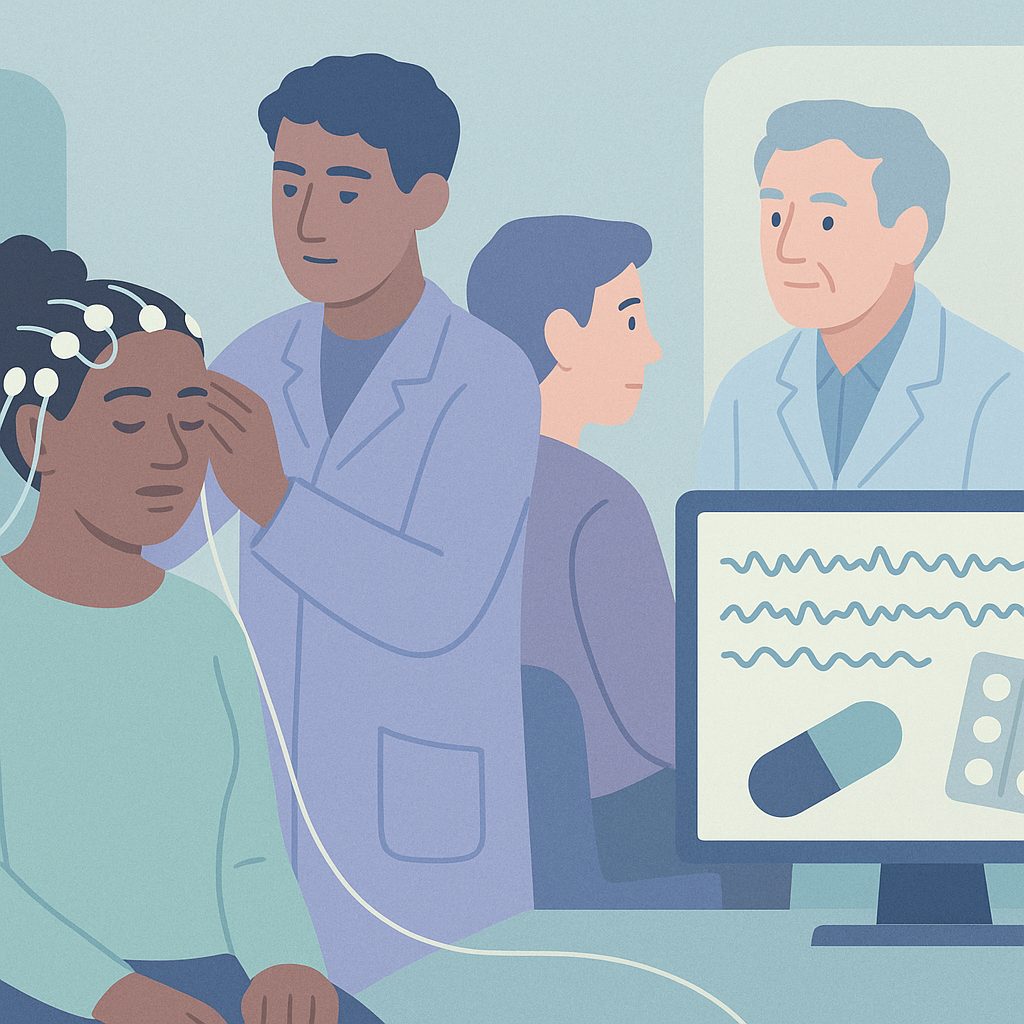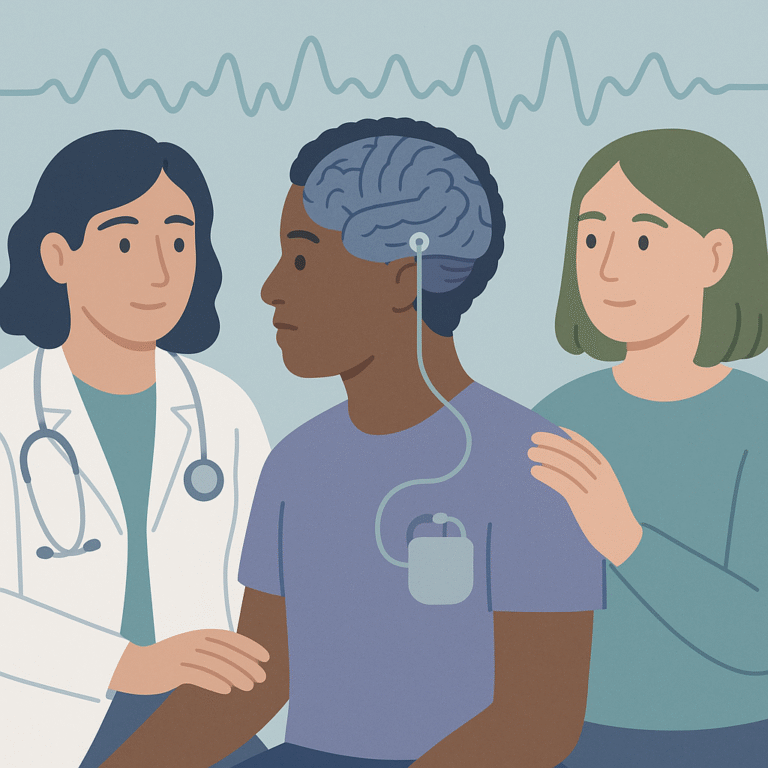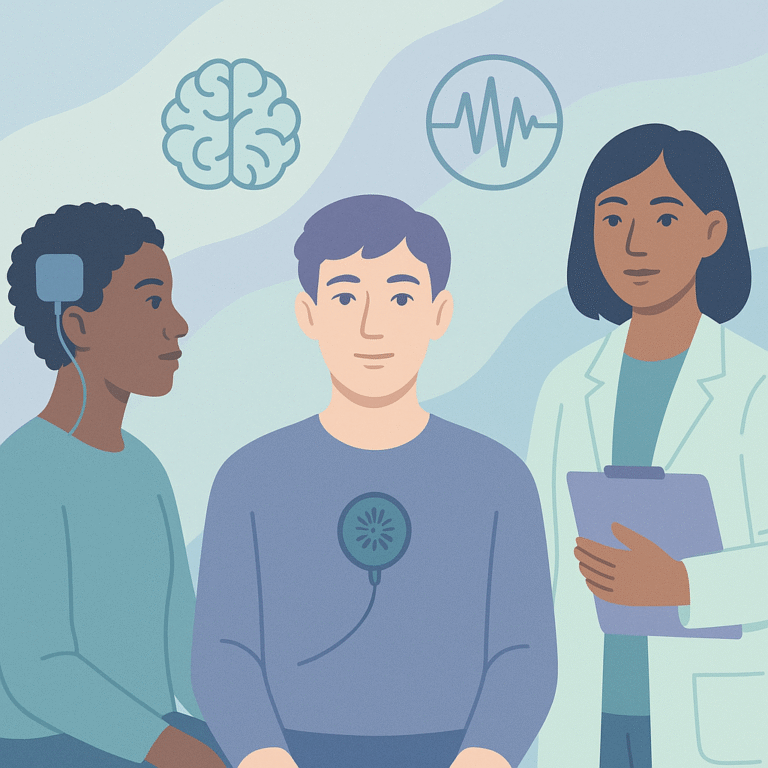EEG Analysis May Predict Best Anti-Seizure Medication for Patients
Source: medRxiv
Summary
Researchers studied how well machine learning could predict the effectiveness of anti-seizure medications (ASMs) using routine EEG tests. They focused on 280 people with newly diagnosed focal epilepsy. The EEGs were taken either before starting medication or after treatment began, allowing the researchers to see how the brain's electrical activity related to the success of different medications.
The key findings showed that machine learning models could accurately predict which patients would respond well to specific ASMs based on their EEG results. For example, the models were able to identify patients who would likely benefit from levetiracetam and lamotrigine, as well as those who would not respond to any medication. The accuracy of these predictions was generally high, suggesting that EEGs contain important information that can help guide treatment decisions.
This research is important because it could lead to better, more personalized treatment for people with epilepsy, reducing the time spent trying different medications. However, there are limits to this study, including the need for further testing in larger groups and different types of epilepsy. While the findings are promising, they are still in the early stages and require more research before being used in everyday clinical practice.
Free: Seizure First Aid Quick Guide (PDF)
Plus one plain-language weekly digest of new epilepsy research.
Unsubscribe anytime. No medical advice.





